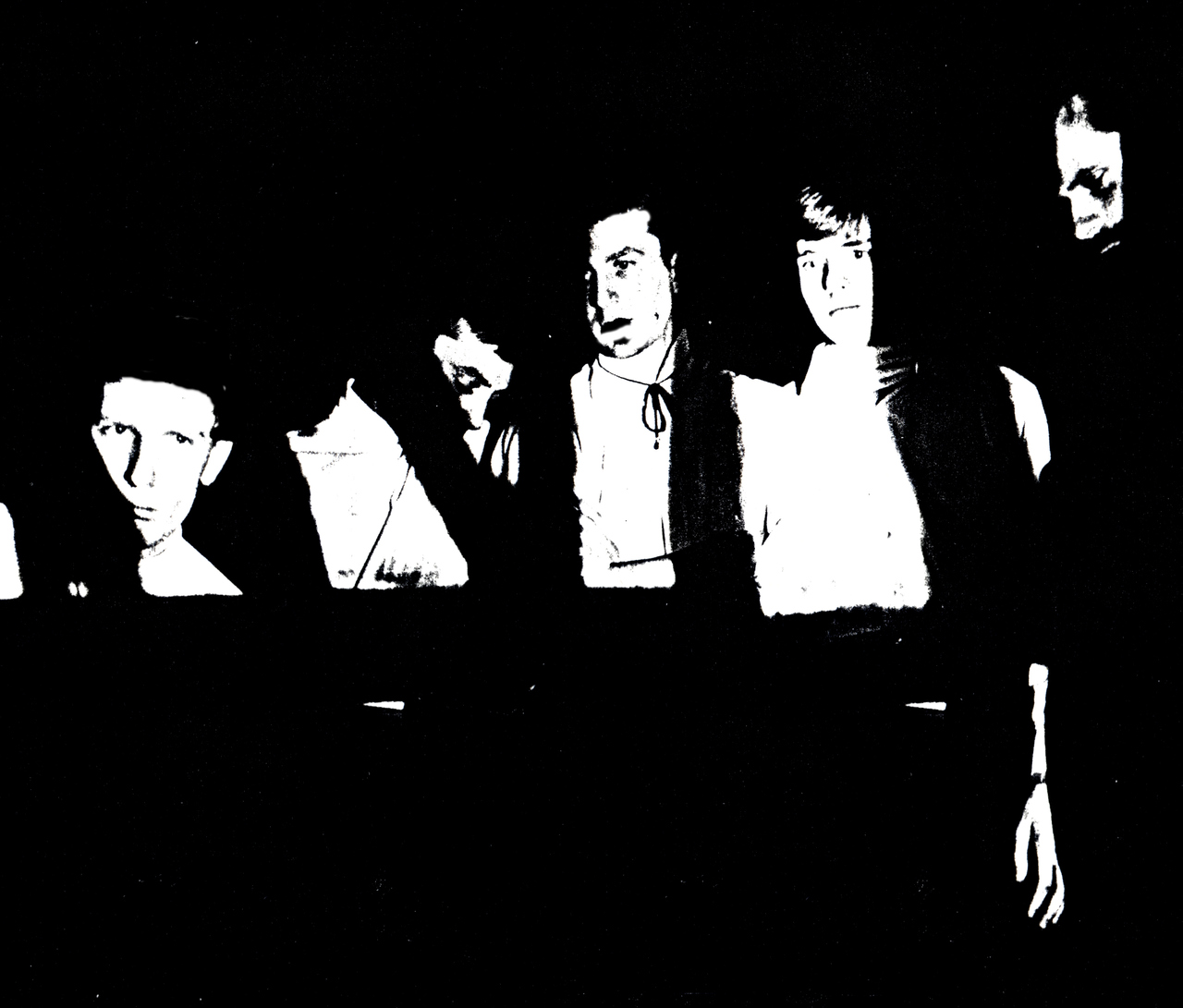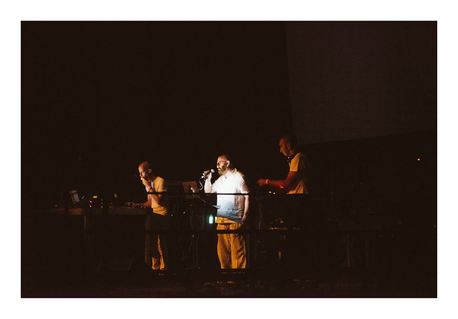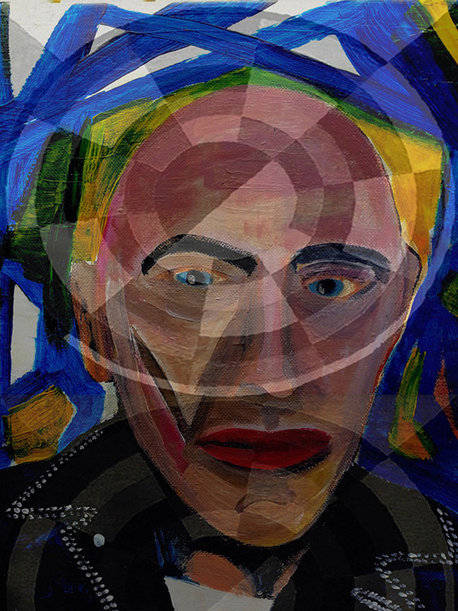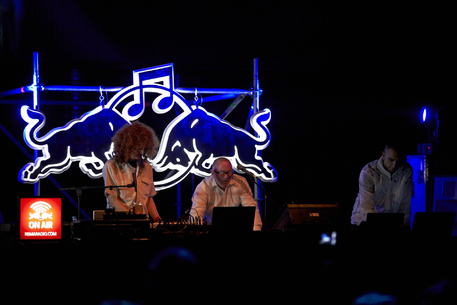Written by:
Share article:
Credence
Undergoing various iterations in its long, prolific and varied musical story, Clock DVA has remained committed to an idea of sonic futurism, an investigation of the philosophical implications of musical technologies and, more recently, a yearning for a combined sound and visual experience.
Clock DVA are veterans of Berlin Atonal, having played at the 1990 edition of the festival. In 2015 they returned with a symbiotic audio-visual show and a line-up consisting of Newton, Tez and Panagiotis Tomaras.
We caught up with Adi Newton and TeZ to discuss some of their impressions from the festival, experimental music, stories from their past and much more.
How does it feel to be performing at Atonal among so many new artists considering you've been doing this since 1978?
Adi Newton: It's good that we're doing this show. I mean, it's different than the first show of Atonal, but in essence it is the same - an exploration of new music and possibilities and so on. The fundamental idea to push boundaries is still there, so it's important. I think Atonal is a big platform for people to show what they're up to at the moment, it's bringing a lot of new people into the mix.
Do you find that Atonal helps to shape the tendency towards expression of dark aesthetic through experimental music?
AN: Yeah, it sort of winds it up. I guess it creates more exposure, which is a good thing, and - you know - it's been impossible to find out about these things. It gives a little credence, which is important for the whole thing.



